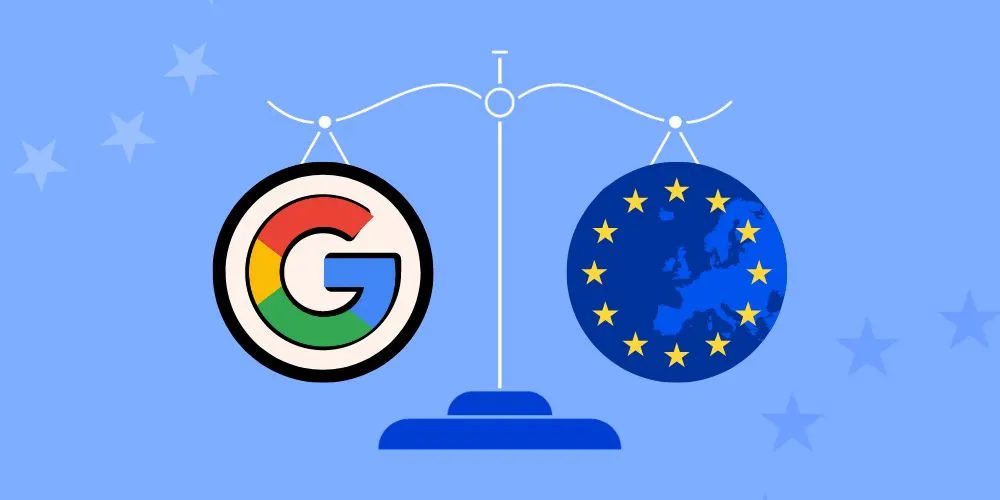Key Points:
- Airlines, hotels, and retailers fear revenue losses and urge EU regulators to consider their views on implementing DMA changes.
- Groups expressed concerns about discrimination and potential revenue depletion due to the preferential treatment of large intermediaries.
- EU is investigating Google for potential DMA breaches, with industry groups worried about the fair treatment of European businesses on Google.
- Groups argue that favoring intermediaries could harm direct service providers, competition, and consumer choice.
Lobbying groups representing airlines, hotels, and retailers have urged European Union (EU), tech regulators, to consider their views, not just those of large intermediaries when implementing changes to comply with the Digital Markets Act (DMA). The call comes amid concerns that the adjustments could negatively impact their revenues.
In March, these groups initially voiced their concerns about the potential adverse effects of the new regulations. The DMA imposes rules on Google and five other tech giants to increase user choice and improve rivals’ competitive conditions. However, industry groups fear that Google’s changes to comply with the DMA could further harm their businesses.
In a joint letter to EU antitrust chief Margrethe Vestager and EU industry chief Thierry Breton dated May 22, the groups expressed their escalating concerns. “Our industries have serious concerns that currently considered solutions and requirements for implementing the DMA could further increase discrimination,” they wrote.
The European Commission, which is currently investigating Google for potential DMA breaches, did not immediately respond to requests for comment. In a March blog post, Google noted that changes to search results could benefit large intermediaries and aggregators at the expense of hotels, airlines, merchants, and restaurants but also had no immediate comment.
The lobbying groups emphasized their worries that the ongoing non-compliance investigation focuses solely on ensuring fair treatment for third-party services without recognizing the needs of European businesses that also offer their services on Google. “We are concerned that the non-compliance investigation refers only to the need to treat third-party services in a fair and non-discriminatory manner, without any acknowledgment of European businesses that also offer their services on Google,” the groups stated.
The DMA’s objective is to level the playing field in the digital market by curbing the dominance of major tech companies. However, industry groups argue that if the regulations inadvertently favor large intermediaries, it could undermine the DMA’s intent by disadvantaging direct service providers, ultimately harming competition and consumer choice.











